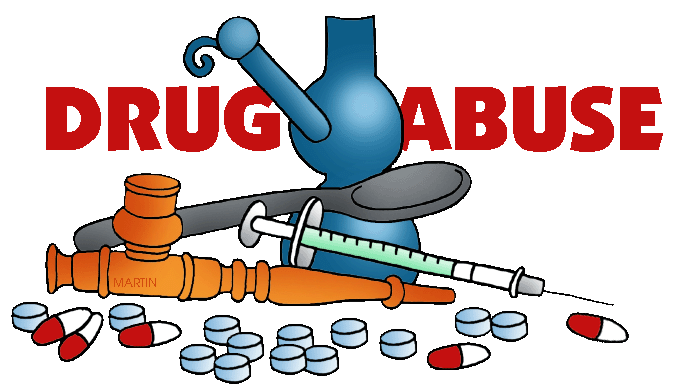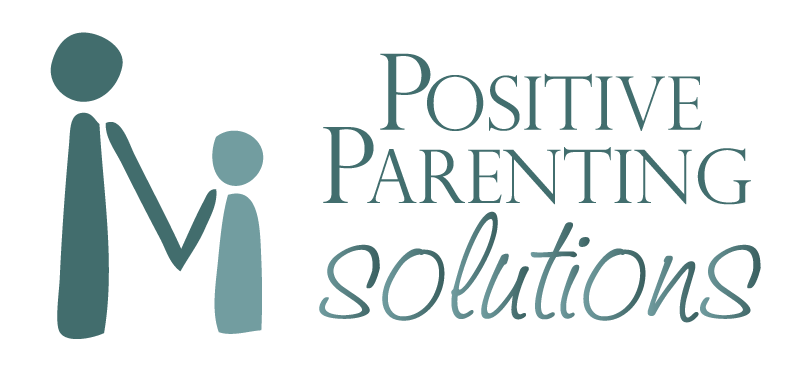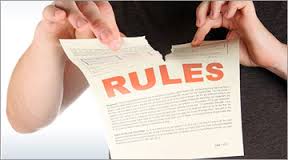Teen drug abuse has been declining in the United States for the last decade, but several drugs remain a dangerous problem for many teens. Parents and other adults should know the signs of teen drug abuse so they can get help for teens who have a problem with drug use and abuse.
By the time they reach their teens, many young people already know someone who uses drugs. Some kids feel pressure to use drugs like alcohol, tobacco, and marijuana as early as 3rd grade. More kids are introduced to drugs during adolescence, or the junior high or middle school years. The percentage teen drug abuse increases through the high school years and into young adulthood.
- Over 30 percent of 8th graders have used alcohol, and by 12th grade 66 percent of teens have used alcohol.
- Teen Smoking: 3 percent of 8th graders smoke tobacco.
- About 10 percent of 8th graders have used marijuana. About 25 percent of 10th graders and over 30 percent of 12th graders have used marijuana.
- 10 percent of teens in 12th grade have abused prescription drugs. On average, 2,500 teens abuse a prescription drug for the first time every day.
Since these teen drug abuse statistics were posted, new statistics were released for the year 2012. See how the 2012 statistics compare:
- 3.6 percent of 8th graders have used alcohol, and by 12th grade only 28.1 percent of teens have reported getting drunk in the last month.
- Teen Smoking: In 1996, 49% of 8th graders tried cigarettes, by 2012 only 16% had done so, However, teen smoking of flavored cigars and Hookahs has significantly increased.
- About 6.5 percent of 8th graders have used marijuana. About 17 percent of 10th graders and over 22.9 percent of 12th graders have used marijuana in the last month.
- 14.8 percent of teens in 12th grade have abused prescription drugs.
The use of most drugs among teens is declining. In the last decade these numbers have gone down from almost 47 percent of 8th graders using alcohol, 10 percent smoking cigarettes, and about 12 percent using marijuana. Cocaine use declined in the 1990s from its peak in the 1980s, but it has remained steady since that time. Still, about a quarter of students say that drugs are available to them at school.
The exception to the downward or steady trend of drug use among teens is the teen prescription drug abuse, especially prescription painkillers, which has been rising in recent years. In the last decade treatment for teen prescription drug addiction has increased 300 percent. Many teens have a misperception about prescription drugs, believing that they are safe because they can be obtained legally. Prescription drugs are easy to get from medicine cabinets at home or at family or friends’ houses, meaning that many teens can abuse prescription drugs for free. Also, parents sometimes give their children another family member’s prescription painkillers without realizing the potential dangerous side effects and addiction that can occur.
Teen Drug Use Statistics show the most common drugs abused by teens are, in descending order:
- Alcohol Abuse
- Marijuana
- Prescription drugs (opiates)
- Stimulants like meth and ecstasy
- Sedatives and tranquilizers
- Crack Cocaine
- Hallucinogens like LSD (acid) or PCP
- Inhalants
- Steroids
- Heroin
The drugs that are abused most commonly – alcohol, marijuana, and prescription drugs – may be appealing to teens because they think there is no risk involved in using them. Unfortunately, the use of any of these drugs during the teen years can have serious long-term consequences on a teen’s physical and mental wellbeing. A teen’s brain is still developing, so using any drugs during the teen years can cause problems with the teen’s growth, development, and long term health. Also, using these drugs lowers teens’ inhibitions, which can lead to other dangerous choices like driving under the influence or having unprotected sex.
Because teen drug use dangerous, parents should be aware of signs that their teen may be abusing drugs. Signs that a teen may be using drugs include:
- Having drugs or drug paraphernalia
- Medications or alcohol missing from your home or the home of family members or friends
- A change in friends, or hanging out with friends who use drugs
- Red or glassy eyes, or dilated pupils
- Slow, slurred speech or talking unusually fast and jumping from subject to subject
- A dramatic change in appearance
- Lack of concern with appearance or hygiene
- Unexplained change in weight
- Change in performance at school or learning problems
- Lying or acting sneaking
- Not caring about risks, consequences, or the future
- Being disrespectful or aggressive toward family members or family rules and values
- Showing signs of depression or withdrawal
- Defensiveness when questioned about activities or drug use
- Losing interest in favorite activities
Also, teens who are using or abusing drugs often need money to continue their drug use, though you may not be aware of their money problems. Some signs that teens may be seeking money for drugs include:
- Valuables missing from your home
- Your teen having unexplained money or valuables
- Getting in trouble with the law – or teen violence
- Stealing money or drugs
- Borrowing money
- Always being out of money even if they have an allowance or a job
It is best to start talking to your teens about teen drug use before they have a problem, but if you think your teen is using drugs, it’s important to talk to them right away. Teens need help to overcome their teen drug abuse.






